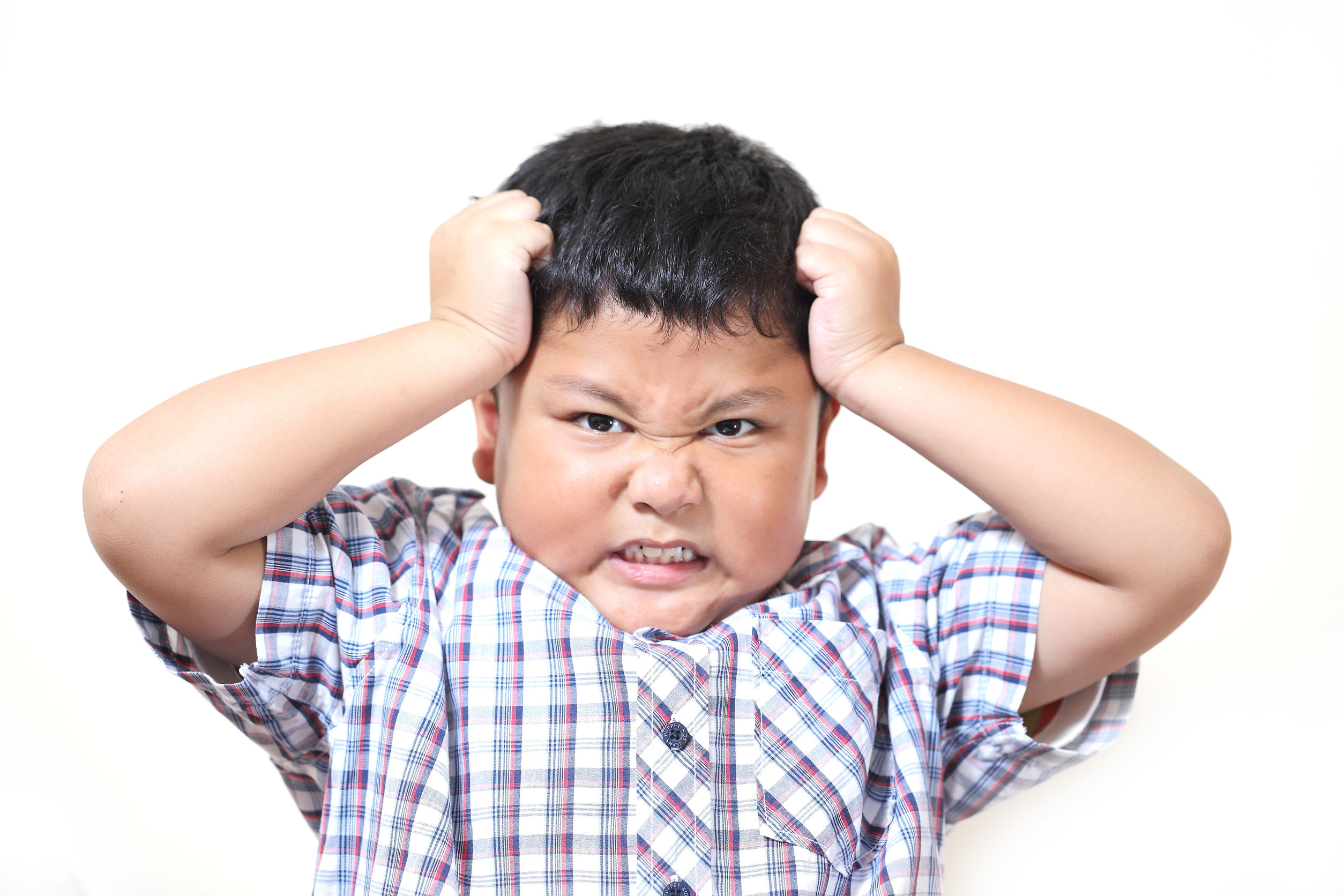Does your child seem to have trouble controlling her temper? Does she have moments of explosive rage that you really can’t understand? Are you desperately searching for ways to help her manage her anger? Your child would greatly benefit from learning some anger management skills.
How Do I Teach My Child Anger Management Skills?
The first step in teaching your child to manage anger is to assure her that everyone gets angry – even Mom and Dad. What matters is how we choose to deal with our anger. Interestingly, the easy way to educate your child is to join Motivation Seminar Teenagers to bring some positive change in the attitude of a kid. Parents should prefer this.
When your child knows that anger is a normal part of life, you will be able to begin teaching her proper ways to manage the anger. One of the best ways to start discussing the subject of anger management is to talk about choices. Explain to your child that every day we are faced with choices. We decide what to eat for breakfast, what to wear to school, whether or not to give our parents goodnight hugs.
Our daily lives are full of choices. We each must face the consequences of our choices, be they good or bad. For instance, if the child chooses to go to school in a sweat suit during the “dog days” of summer, she will face the consequence of that choice. She will spend the school day being hot, sweaty and miserable. On the other hand, she can choose to wear a t-shirt and Capri pants and spend the day in comfort.
This is a very simple method of explaining choice and consequence to your child. She should be able to comprehend this information with relative ease. Ask her to give you a couple of examples of consequences for actions. After you are certain she has processed this information, you can move forward to the next step in presenting anger management skills to your child.
Anger Management: Consequences for Actions
Your child is now ready to begin learning about the positive and negative reactions she may have to situations that make her angry. You and your child will need to think back to the last angry episode she had. Maybe she got mad because she had to do homework rather than watch her favorite Tuesday afternoon television program. When you reminded her that homework comes first, she sulked, folded her arms across her chest, and pouted for 20 minutes.
The consequence of her negative angry reaction is that she wasted 20 minutes of homework time and still missed her television show. After you have explained this to her and you are certain that she understands, then explain what a positive reaction to her anger might have been. For instance, instead of sulking and pouting for 20 minutes, she could have gotten to her homework right away. Maybe she would have had time to watch part of her show after she finished her work. Even if she didn’t have time to watch her favorite television show, she would still have her homework completed and out of the way 20 minutes earlier. Then she would be able to spend more of her evening doing things that she enjoys. (Be careful to be sympathetic. Do not let yourself fall into an “I told you so” mindset.)
How Can My Child Control Her Anger?
It is important for her to remember to take time to think the situation through before she reacts. “Is it worth getting mad about this particular situation?” “If I have a right to be angry, what would be the most beneficial response?” “Will my reaction cause more problems or will it help solve a problem?” Give her several possible “angry” scenarios and ask her to think through each situation to decide what her reactions should be. Practicing her reactions before she is faced with real-life situations can be extremely helpful.
What Can I Do to Help My Child Handle Her Anger?
Assist your child by discussing anger management techniques every day. Help her keep a journal to track her progress. She can write down situations that have made her angry and her reactions to these situations. She can also make note of anything she might have done differently or jot down “great job!” if she feels that she handled a situation in the best possible way.
This information will give you a solid start in helping your child, daughter or son, learn proper ways to handle anger. However, there is much more information available through local anger management classes, online information, and your pediatrician. If you feel that your child may be in need of medical or psychological help, please see a doctor as soon as possible. The information provided in this article is not a substitute for medical advice and these anger management techniques will not be enough to help all children.
When your child begins to understand the negative and positive consequences for her angry responses to situations, she will be well equipped to begin making healthy decisions concerning the most beneficial ways to handle situations that make her angry.




